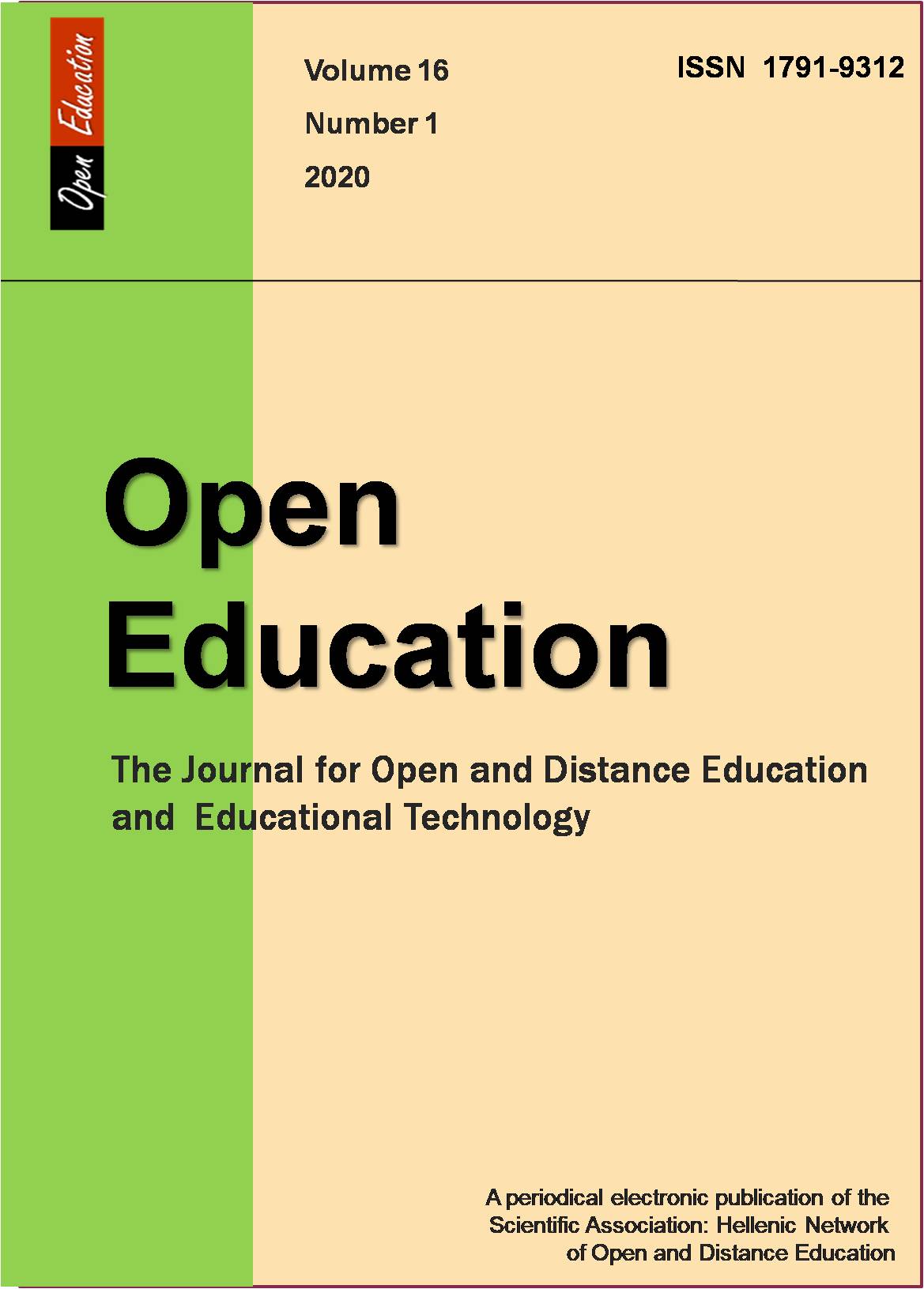MOOCs και Ψηφιακές βιβλιοθήκες: επισκόπηση της σημερινής πραγματικότητας, προβληματισμοί & προοπτικές
Аннотация
Τα τελευταία χρόνια ραγδαίες εξελίξεις έχουν λάβει χώρα στο πεδίο της εξ αποστάσεως εκπαίδευσης, διαμορφώνοντας ένα παιδαγωγικό πλαίσιο ριζικά διαφορετικό από το συμβατικό. Σε αυτόν τον άξονα τα Μαζικά Ανοιχτά Διαδικτυακά Μαθήματα (MOOCs), αποτελούν μια νέα πρόταση με ταχεία εξάπλωση. Πολλοί θεωρούν ότι πρόκειται για μία εκπαιδευτική καινοτομία που θα επηρεάσει καθοριστικά την εκπαίδευση ενώ άλλοι εκφράζουν ανησυχίες σχετικά με την απουσία παιδαγωγικού μοντέλου. Τα MOOCs έχουν πλέον εδραιωθεί ως κομμάτι της εξ αποστάσεως ανώτατης εκπαίδευσης και η εμπλοκή των βιβλιοθηκών είναι καθοριστικής σημασίας, όπως και σε ένα μάθημα με φυσική παρουσία, δημιουργώντας νέες προκλήσεις αλλά και διευρυμένες δυνατότητες. Ωστόσο, οι ψηφιακές βιβλιοθήκες δεν έχουν αποκτήσει ακόμα ενεργό ρόλο στη διάρθρωση των MOOCs εξαιτίας της φύσης των μαθημάτων αυτών, ζητημάτων πνευματικών δικαιωμάτων, αδειοδότησης αλλά και του εκπαιδευτικού πλαισίου που διαμορφώνεται συνεχώς. Σκοπός του παρόντος άρθρου αποτελεί η διερεύνηση των τρόπων προσαρμογής των βιβλιοθηκών στα μαθήματα MOOCs, μέσω της σχεδιασμού ενός μοντέλου αποσαφήνισης περιορισμών και προκλήσεων που ανακύπτουν, ώστε οι τελευταίες να αποκτήσουν το δικό τους διακριτό ρόλο στο συνεχώς εξελισσόμενο διαδικτυακό εκπαιδευτικό πλαίσιο.
Article Details
- Как цитировать
-
- Выпуск
- Том 16 № 1 (2020)
- Раздел
- Μέρος πρώτο / Section 1



